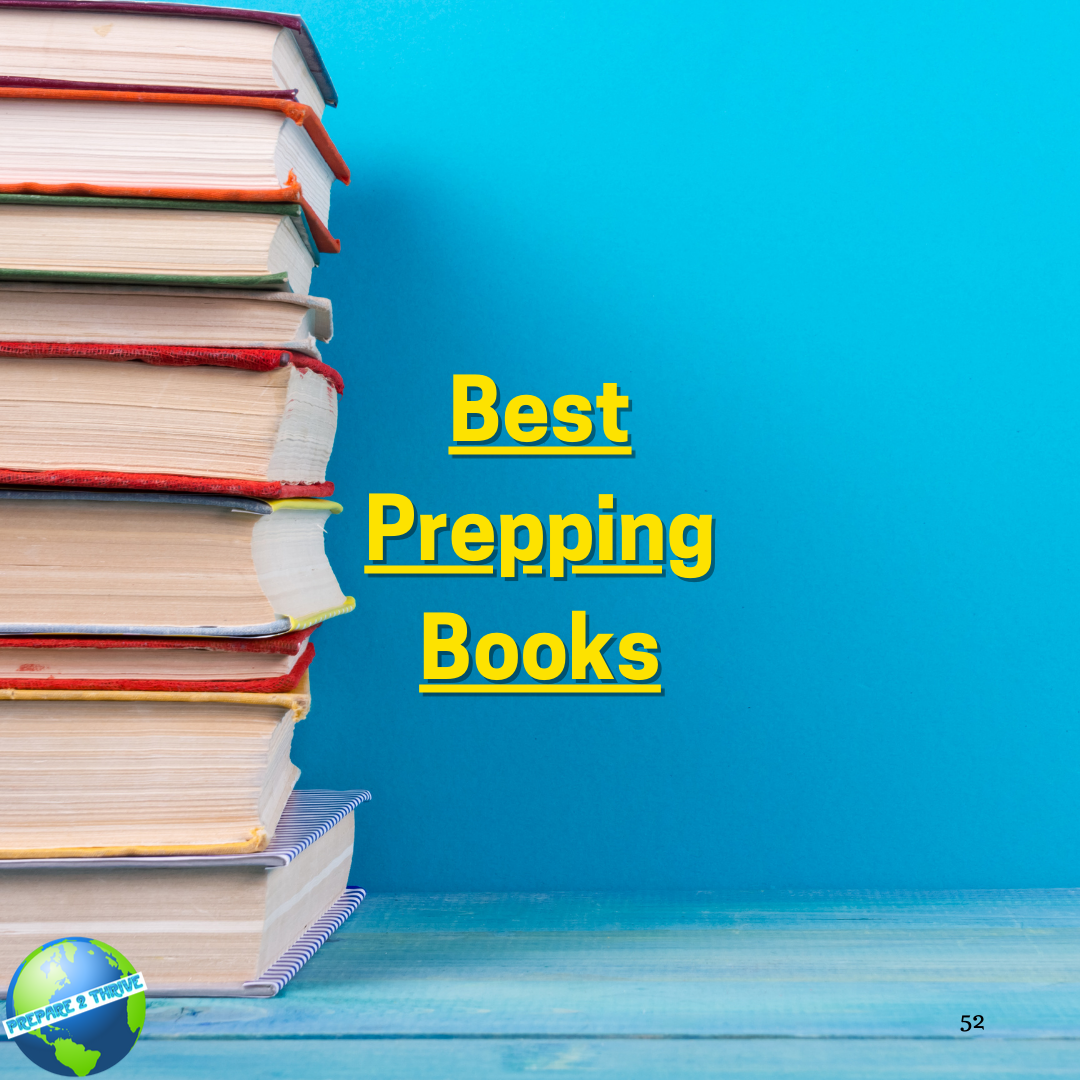In today's fast-paced world, it is crucial to be prepared for disasters. Whether it be a natural disaster, civil unrest, or a major event, being prepared can mean the difference between life and death. The first step in preparing for disasters is understanding the different types of disasters and the potential threats they pose.
My thinking has always been, prepare today for disasters that WILL happen, and prepare tomorrow for disasters that MAY happen.
Primary Threats
What will happen depends upon where you are located.
I used to live in Northern Ontario. There were a few emergencies that would hit each year. During the winter, ice storms and blizzards were the biggest hazard, and during the summer forest fires and wind storms (including the occasional tornado). These events would inevitably lead to power outages, and delays in deliveries to stores. When these went on for several days there could be shortages of food and gasoline in the local area.
While we were never affected by forest fires, we lived on a road named "Little Brule Road". Brule is French for "burn" and it got it's name from a former forest fire that swept through many years before. So it was definitely a possibility. And Northern Ontario had multiple forest fires each summer, that was a guarantee. It was just a question of would there be one in your area.
 A recent Facebook post asked about best prepping books, so here are my lists of the most important books I have owned and read. Almost all of these books can be found on Amazon.
A recent Facebook post asked about best prepping books, so here are my lists of the most important books I have owned and read. Almost all of these books can be found on Amazon.



![New to Prepping? [Superseded]](/images/2025/01/21/P2T-036_thumbnail.png)
